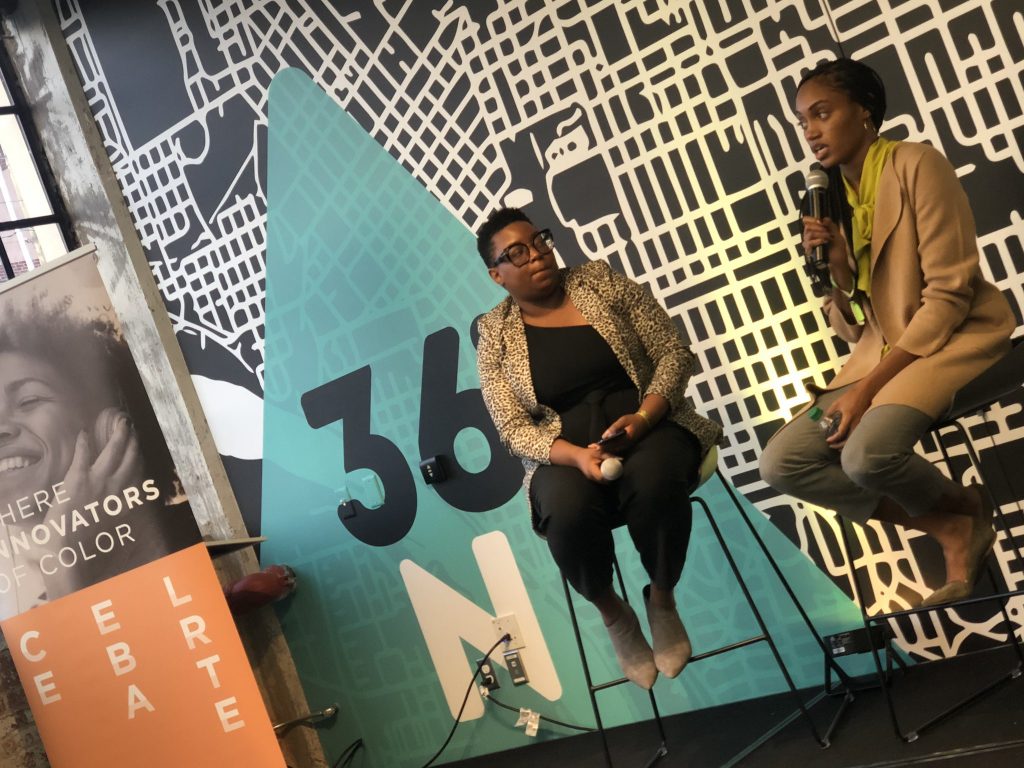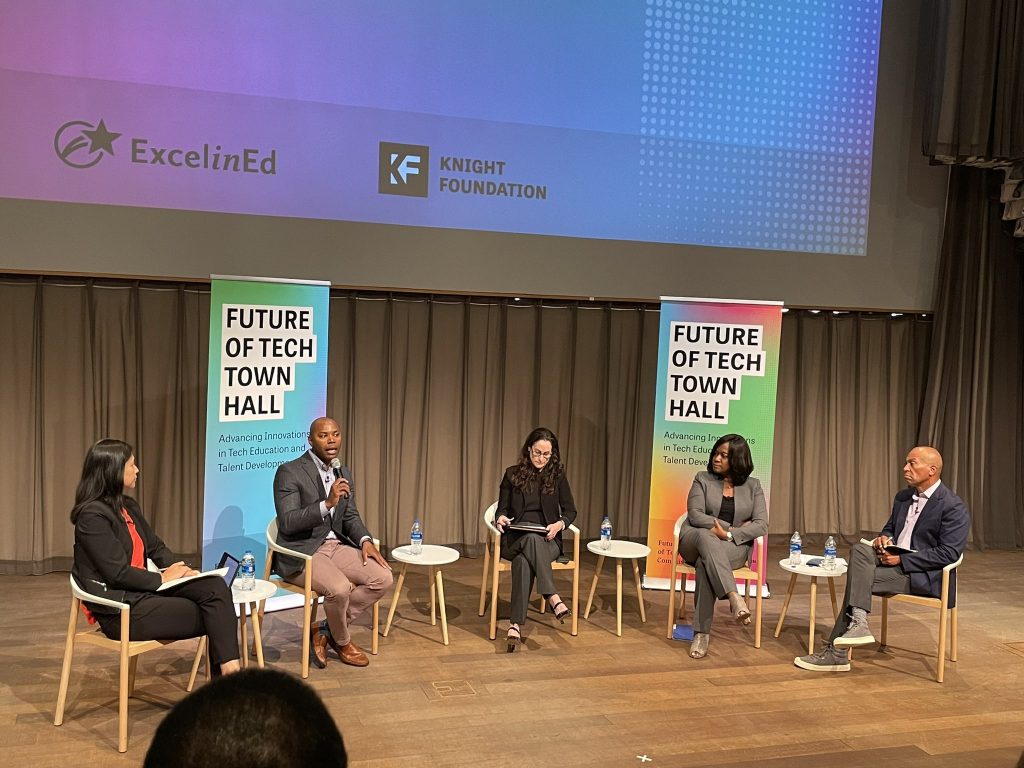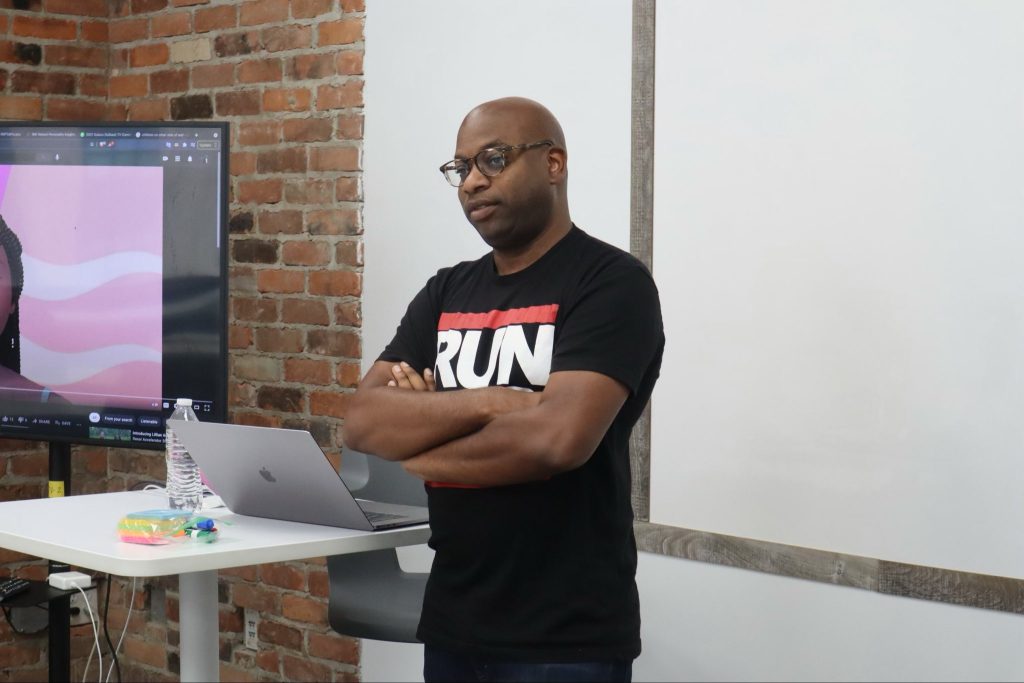For more than 50 years, California was crowned the global center for technology and innovation. But that may be changing.
Hewlett Packard, Oracle and Tesla all announced plans to relocate and open offices in the Midwest and South. Some companies blame the high taxes, cost of living and heavy regulations while others say the pandemic made them re-think the power of remote work.
According to the U.S. Bureau of Labor Statistics, states such as Texas, Florida and Michigan have added workers at a much higher pace in the last year.
And while it sounds good on face-value, how much is actually going to Black firms and are African Americans benefiting from the boom?
Brian Brackeen, a general partner at Lightship Capital, says it’s complicated.
“In terms of diversity, we’re just now seeing more people of color in these industries because we’re meeting people where they are, instead of forcing Black techies to move to California,” said Brackeen.
Brackeen is based in Miami, which he says is known as the start-up capital.
“Here in Miami, there’s a large immigrant population. And that translates to having a more entrepreneurial mindset. From the Caribbean to Latin and Central America, it’s easy to find someone here who has started a business or works for themself because they have imported that immigrant spirit,” he says.
Brackeen says Miami stands out because city leaders understood the wave. Late last year, Delian Asparouhov, a Founders Fund venture capitalist, tweeted: “Ok guys hear me out, what if we move Silicon Valley to Miami”?
“How can I help?” Francis Suarez, the Miami Mayor, replied on Twitter.
Several months later one of the world’s largest crypto traders, FTX Crypto Derivatives Exchange, says Suarez’s efforts helped persuade him to pursue the naming rights deal for the Miami Heat basketball stadium.
Brackeen says when it comes to thriving Black tech cities, Tulsa, Austin, and Philadelphia immediately come to mind. But one city’s recent announcement is sure to put them in the running.
Tech Giant Oracle recently announced plans to bring a new campus to Nashville, creating 8,500 jobs in the process. The company says the majority of the jobs will have salaries around six figures.
The new campus will be located in a historically Black neighborhood, filled with Black businesses, artists, and families. And that doesn’t sit well with community leaders in Nashville.
“There’s not one Black person on Oracle’s board,” says Tequila Johnson. “And if you look around, these inequities exist all throughout the tech community.”
Tequila Johnson, Co-Executive Director of Nashville’s Equity Alliance, believes Oracle has a corporate responsibility to expand its outreach to the Black community, which makes up 28 percent of Nashville’s population. Not only is Johnson concerned about how the proposal came about; she’s also worried there’s not a long-term commitment for Black entrepreneurs who already live in the city.
“Oracle is talking to a lot of leaders, but not everyday people who live in the neighborhood and already work in this space,” Johnson says. “It creates a ripple effect of distrust in the community.”
Oracle has a history of partnering with HBCUs with their other locations throughout the country. Company leaders plan to continue these partnerships in Nashville, helping to create opportunities for Black graduates who want to enter into the tech industry. But Johnson says that’s not enough.
“Many Black people aren’t even introduced to tech until after college,” Johnson says. “This raises the larger issue that runs all throughout the tech industry; it’s simply not diverse, but we are willing to help if they reached out.”
Although Oracle will be a positive for the city of Nashville with a $175 million investment in public infrastructure, Brackeen says there’s a way to make everyone happy, and that’s simply by having a diverse workforce.



“Ten years ago, Nashville would have paid Oracle $100 million dollars to show up. Now it’s like, ‘we’ll make some room for you,’” Brackeen says. “Nashville is indeed a success story, and the tech hub that’s beginning is only adding to that. The challenge is ensuring that the tech industry is giving everyone a seat at the table and embracing the city’s culture that came before it.”








